Emotional and Psychological Support
Support to help you manage your emotional health.
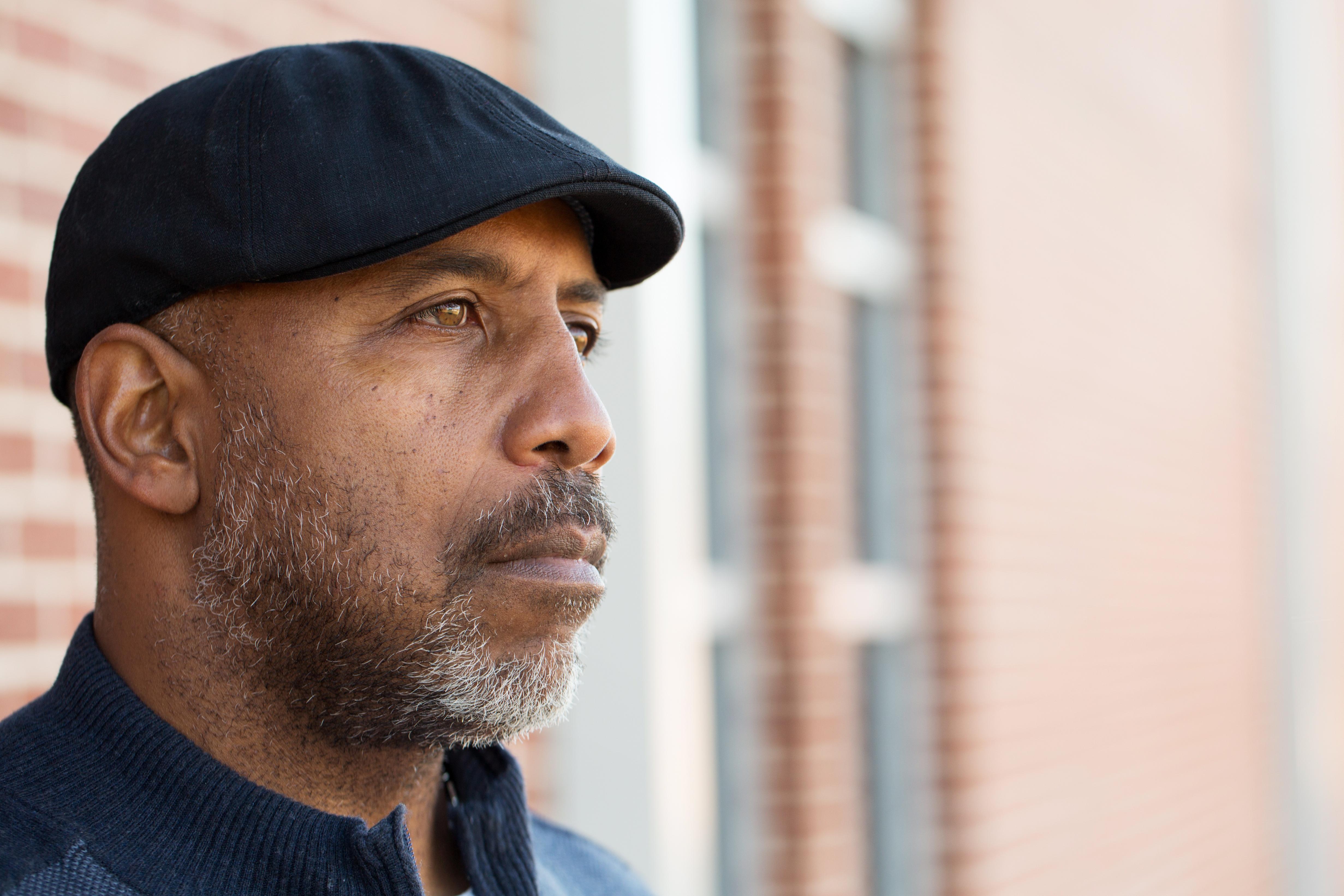

To learn more about depression visit the pages on depression from mental health charity, MIND.
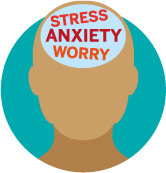
Everyone will experience anxiety in a slightly different way. It can result in physical effects and also effects on your mind.
Some physical effects may include:
Some effects of anxiety on your mind:
To learn more about anxiety, visit the anxiety and panic attacks pages from mental health charity Mind.
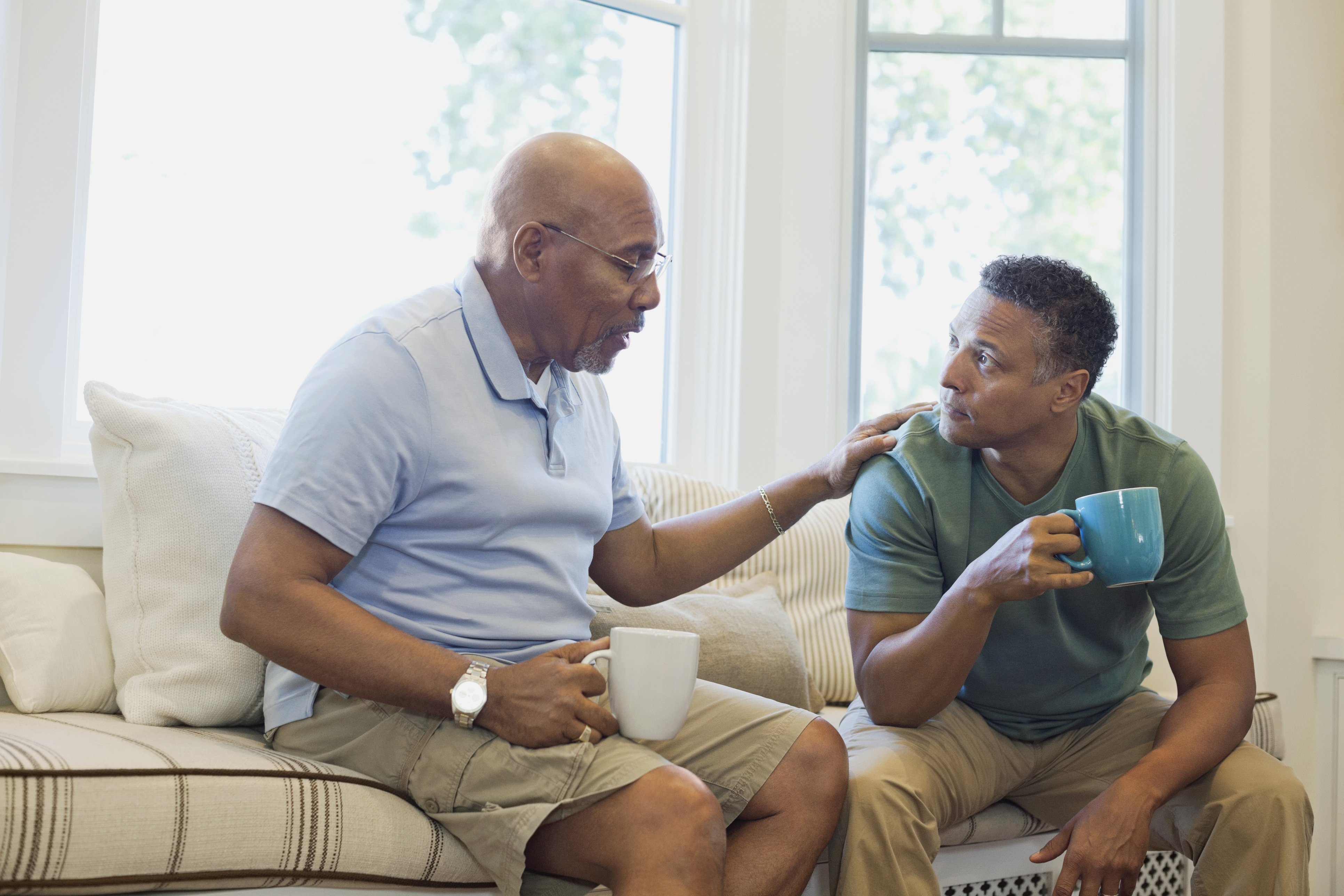
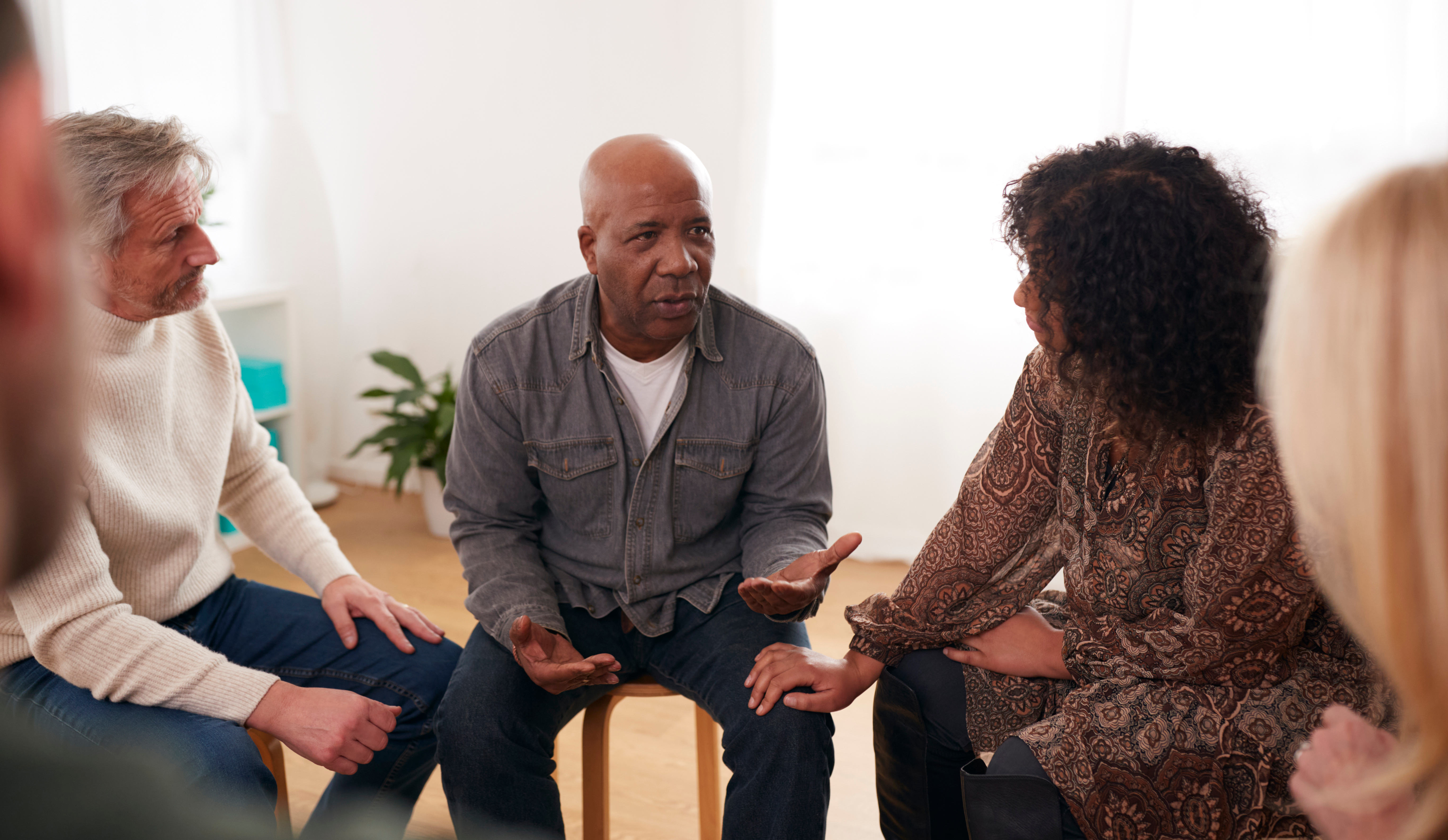
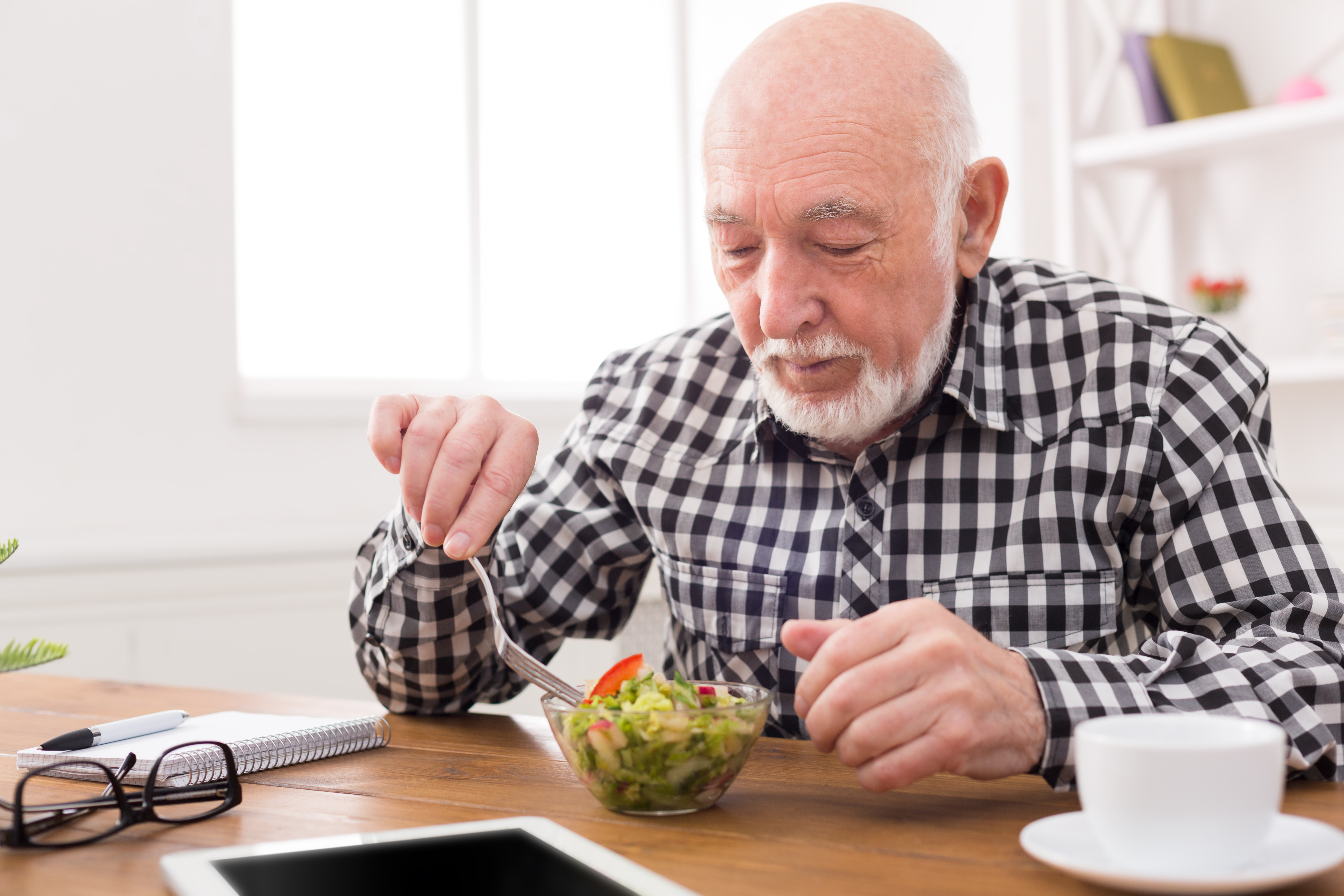
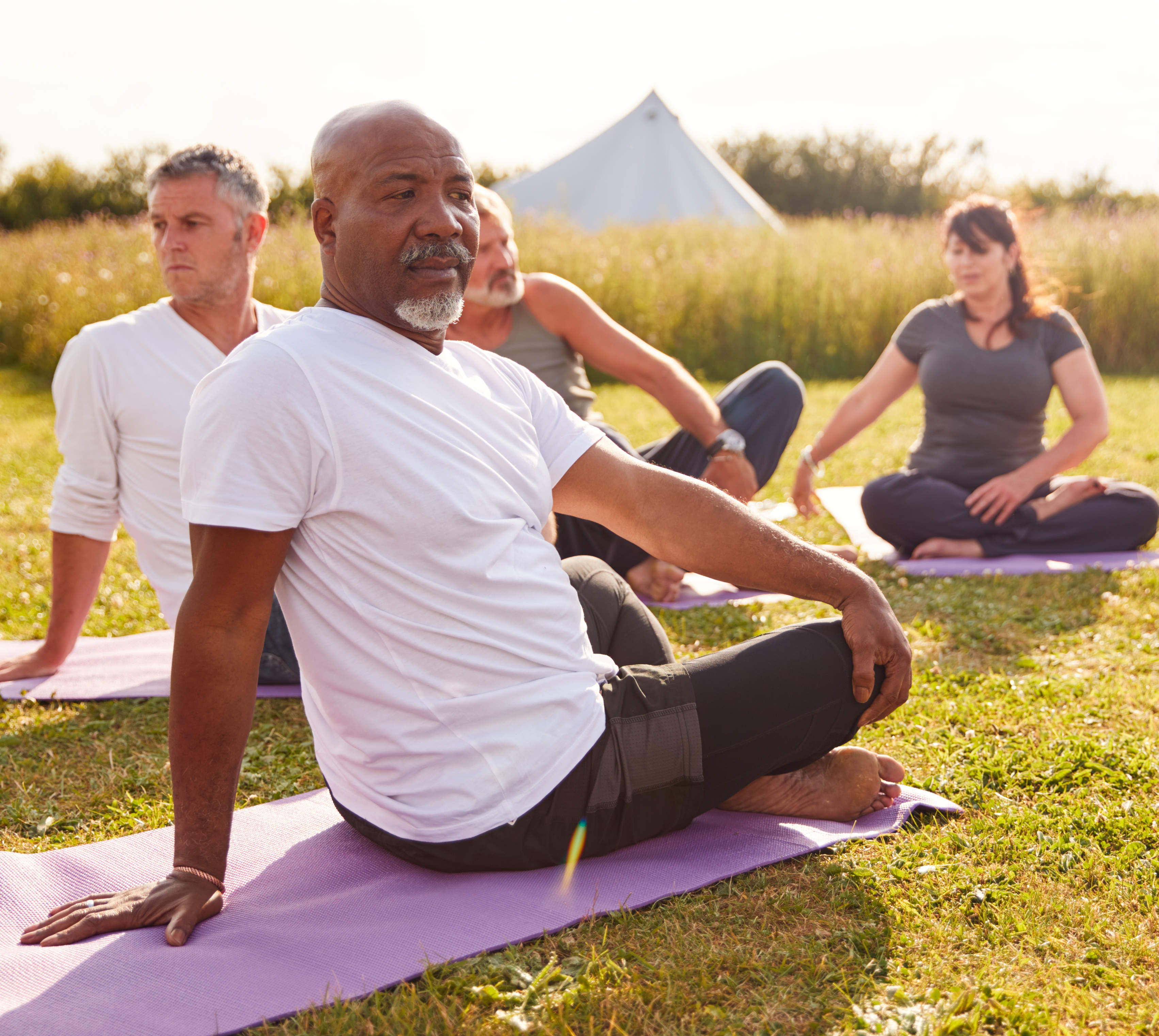

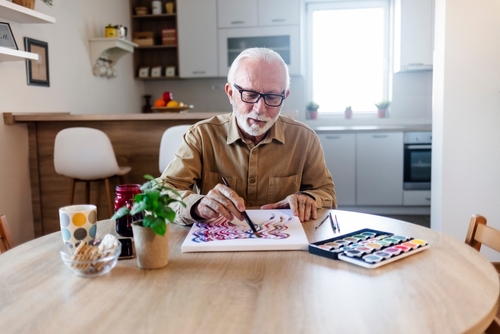
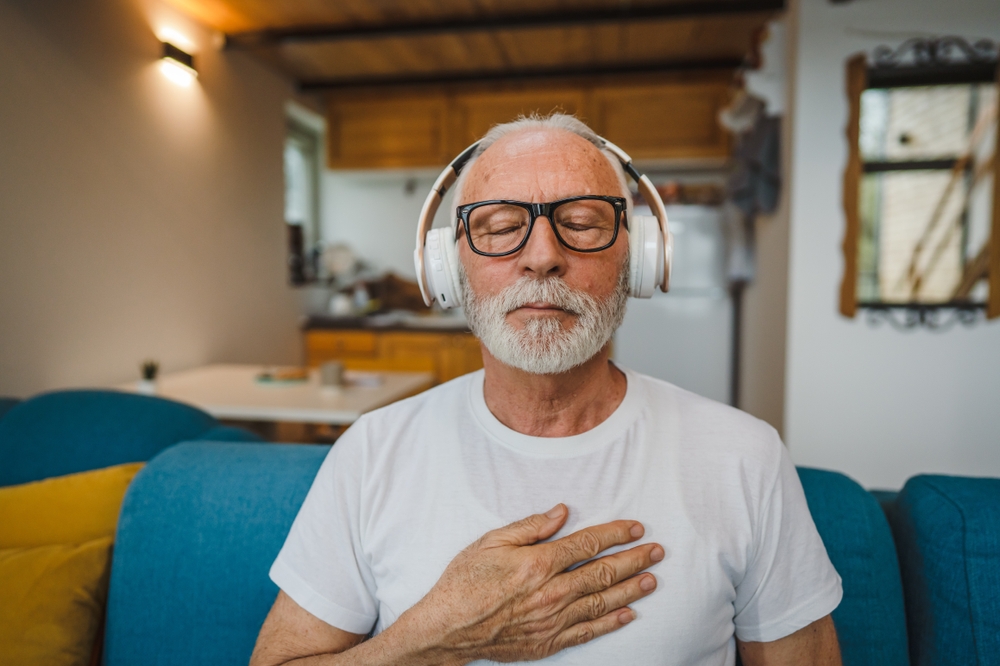
Mindfulness and meditation can help to:

Studies show that volunteering can help to combat stress, depression and anxiety.
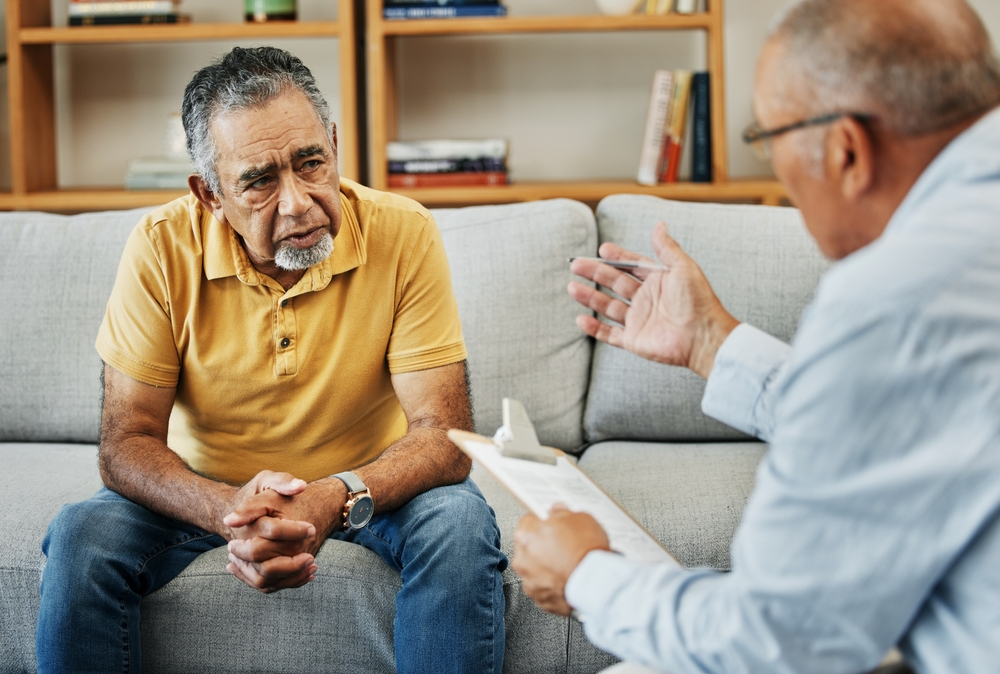
As an online course.
NHS talking therapies services offer:
The toolkit is an information resource for people affected by prostate cancer. The development has been funded through an educational grant from Advanced Accelerator Applications (A Novartis Company).
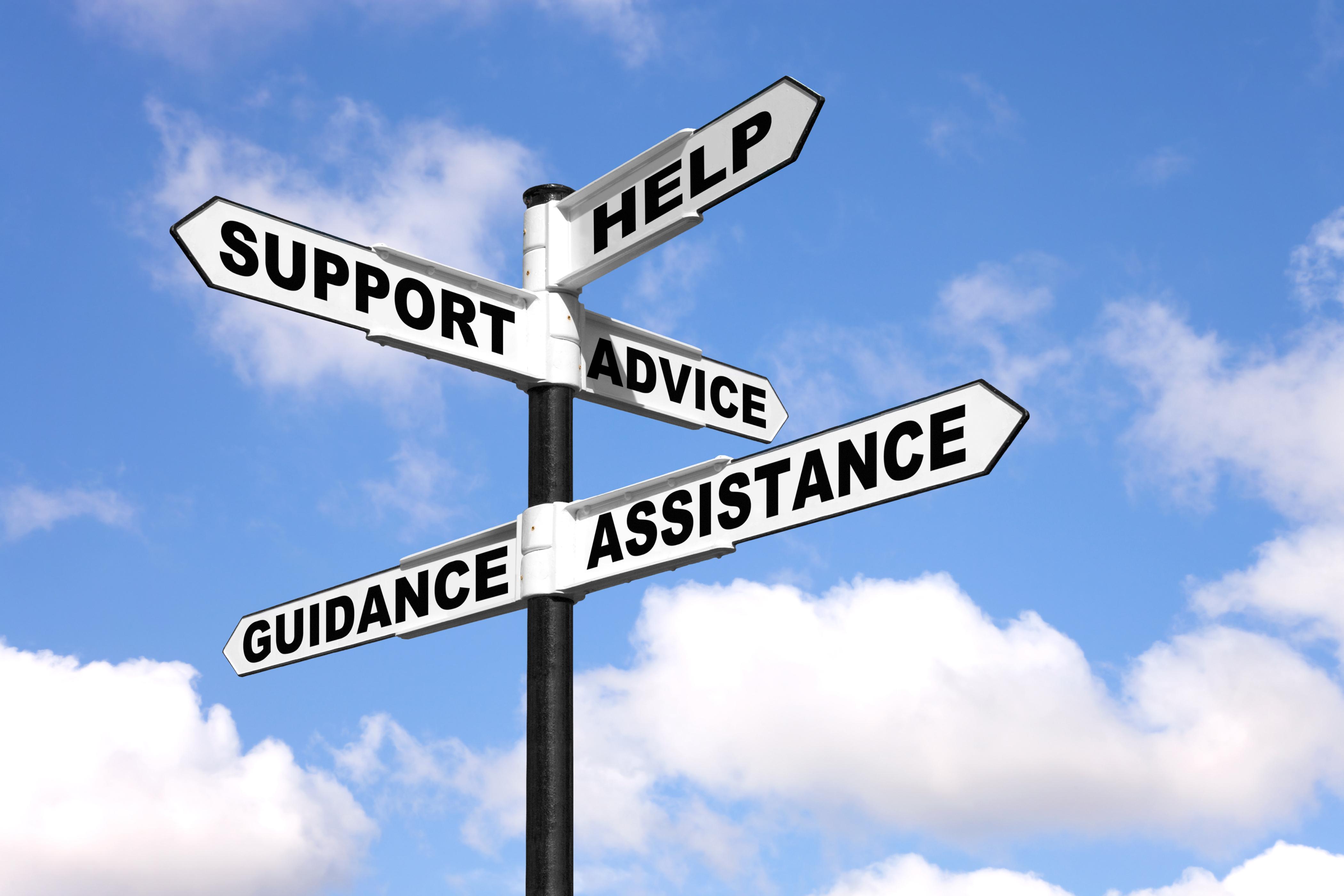
 Talking therapies
Talking therapiesAll links will open in a new tab.
 Support organisations
Support organisations
The toolkit is an information resource for people affected by prostate cancer. The development has been funded through an educational grant from Advanced Accelerator Applications (A Novartis Company).